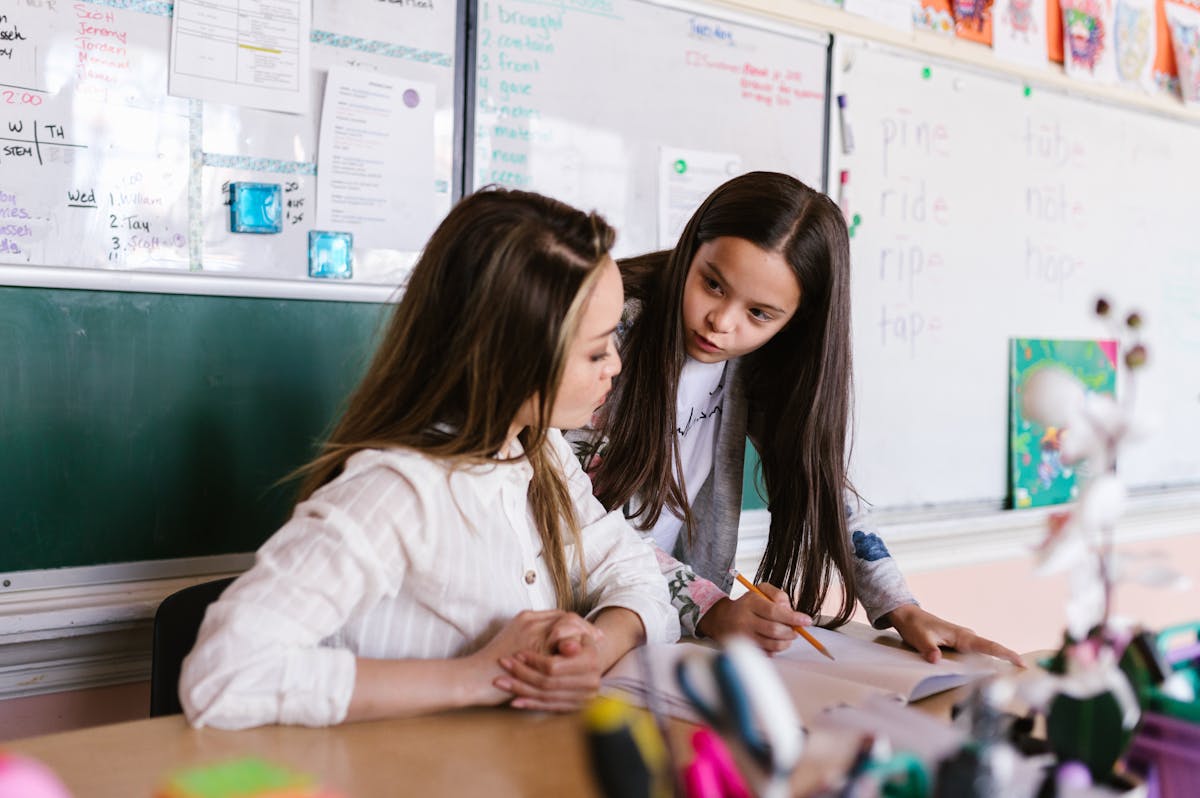Virtual Learning and Student Independence: A Guide for Parents

Virtual learning has rapidly become a significant part of education for many students across the UK. While it offers flexibility and convenience, it also requires a higher level of independence from young learners. As a parent, supporting your child’s journey towards becoming an independent virtual learner is essential. This guide explores key strategies to help your child thrive in a virtual learning environment.
Understanding the Importance of Independence in Virtual Learning
Unlike traditional classroom settings, virtual school places the onus on students to manage their own time, organise their study space, and engage actively without the immediate physical presence of a teacher. This environment can boost self-discipline, time management, and problem-solving skills — all critical for lifelong learning.
Encouraging independence helps your child gain confidence in their abilities and prepares them for future academic and career challenges. However, fostering this independence requires guidance and support, especially for younger students or those new to virtual learning.
Creating a Structured Learning Environment at Home
One of the first steps to promoting independence is establishing a consistent and distraction-free study area. A dedicated space signals to your child that it’s time to focus, which helps build a routine. Ensure this area has good lighting, necessary supplies, and minimal interruptions.
Together with your child, set up a daily schedule that mirrors their virtual class timetable. This schedule should include time for lessons, breaks, homework, and revision. Using a physical or digital planner can assist your child in tracking deadlines and upcoming assignments, encouraging them to take responsibility for their workload.
Teaching Time Management and Self-Discipline
Time management is crucial in virtual learning. Encourage your child to break down tasks into manageable chunks and prioritise them effectively. For example, tackling challenging subjects when they are most alert and saving easier tasks for later can improve productivity.
Use timers or apps designed to support focus, such as the Pomodoro technique, where work intervals are followed by short breaks. This method helps maintain concentration and prevents burnout.
It’s also important to foster self-discipline. Praise your child when they complete tasks independently and gently guide them back on track if distractions arise. Over time, they will develop the internal motivation needed to stay focused without constant supervision.
Encouraging Active Engagement and Communication
Independence doesn’t mean your child has to learn in isolation. Encourage them to actively participate in virtual lessons by asking questions and contributing to discussions. This engagement helps reinforce learning and builds critical thinking skills.
Teach your child how to communicate effectively with teachers and classmates through email or virtual platforms. Knowing when and how to seek help is a vital part of becoming an independent learner.
Supporting Emotional Wellbeing and Motivation
Virtual learning can sometimes feel isolating, which may affect your child’s motivation. Regularly check in on how they are feeling about their studies and acknowledge their efforts. Setting short-term goals and celebrating achievements can keep their morale high.
Encourage your child to maintain social connections with peers through virtual study groups or informal chats, which helps reduce feelings of isolation and supports collaborative learning.
Virtual learning offers a unique opportunity for students to develop independence, a skill that will benefit them throughout their education and beyond. As a parent, your role is to create a supportive environment, teach practical skills, and nurture your child’s confidence. With the right balance of guidance and freedom, your child can excel in their virtual learning journey and become a motivated, self-reliant learner.

